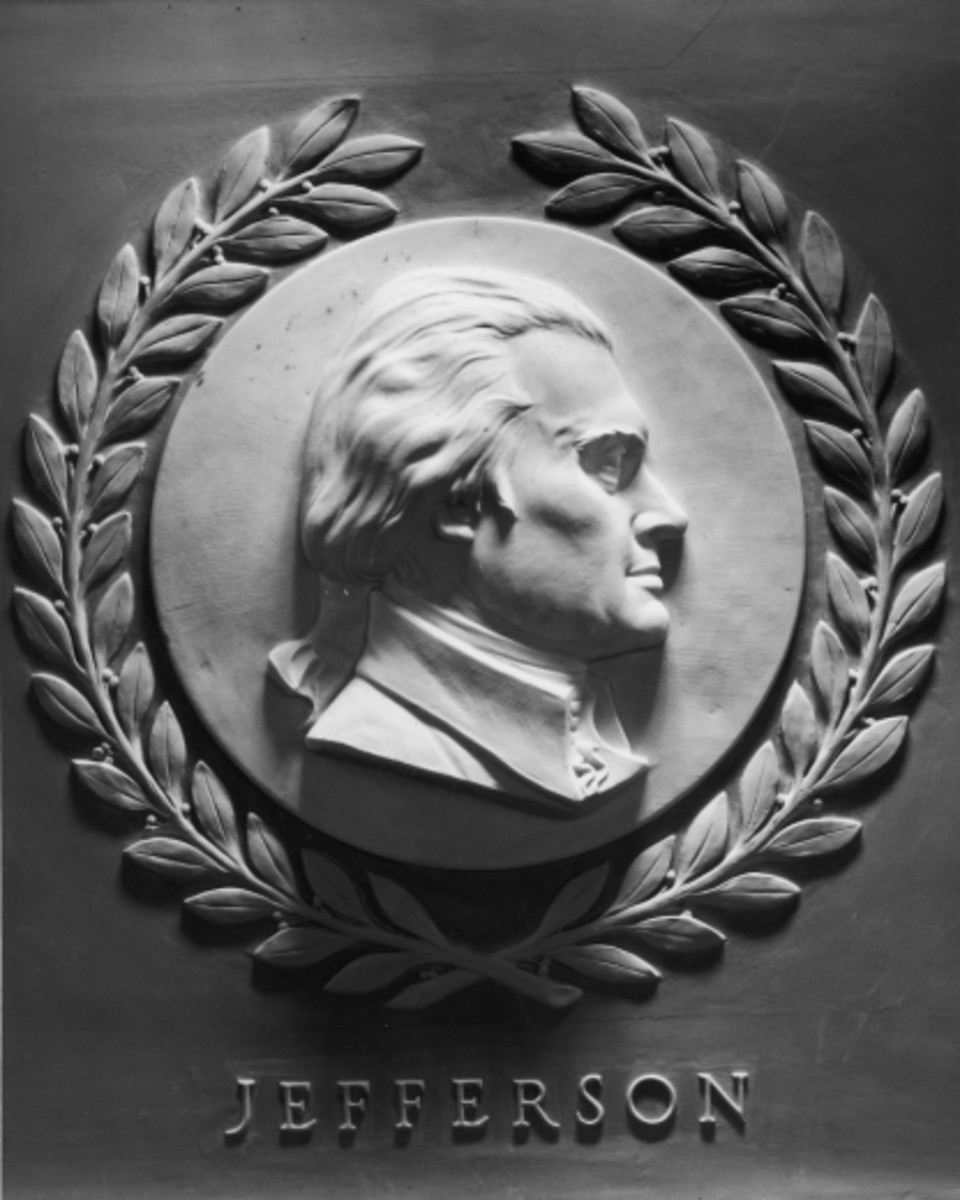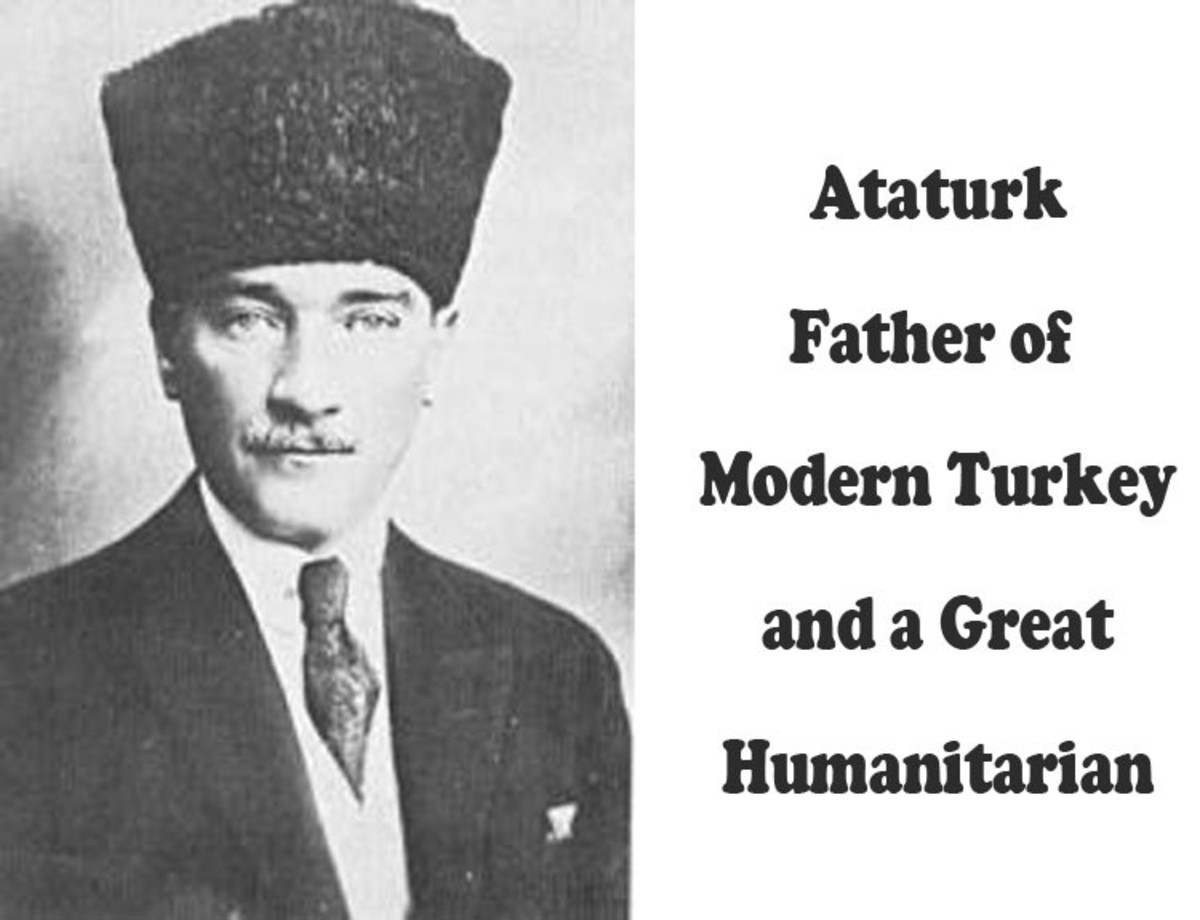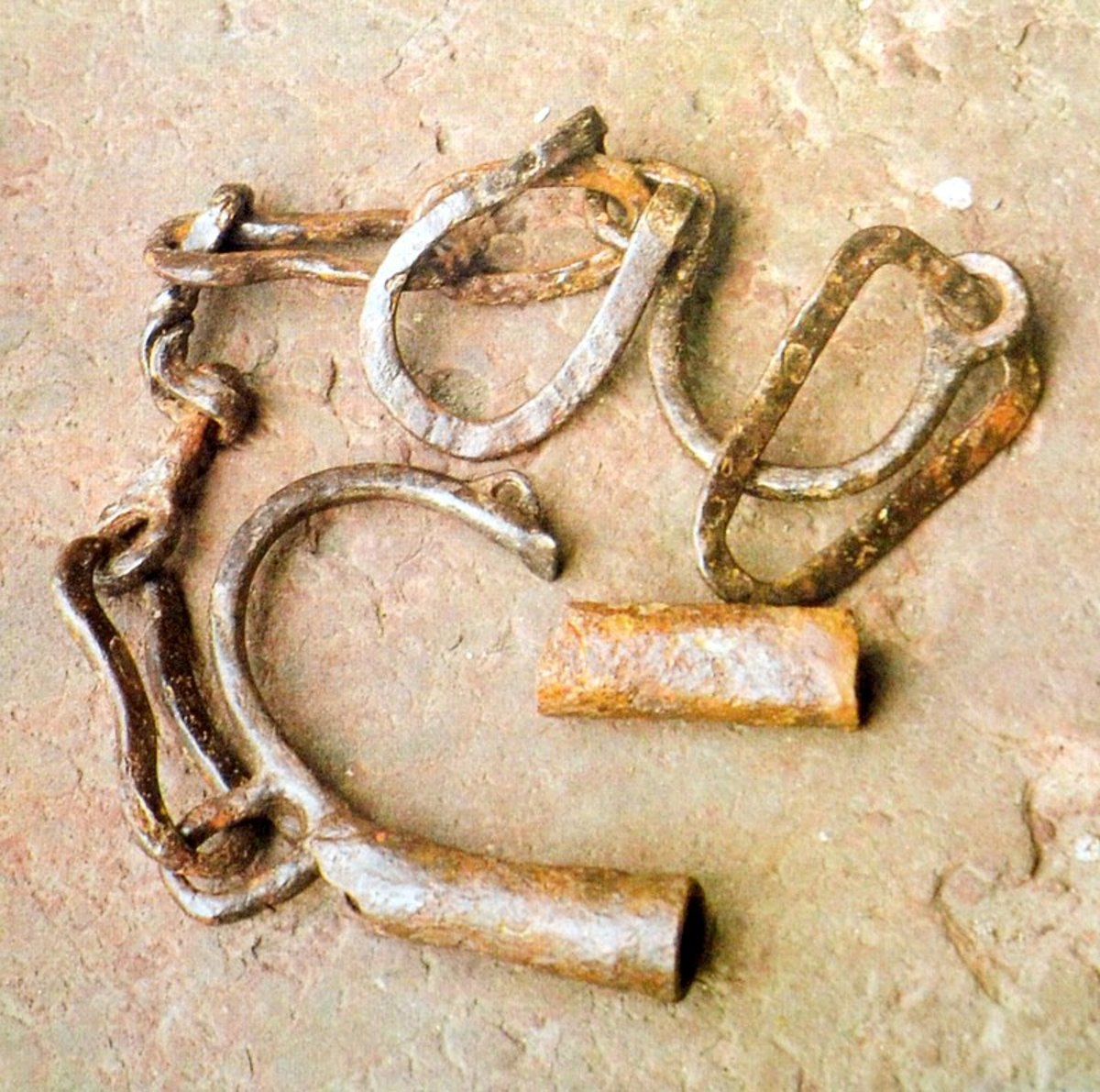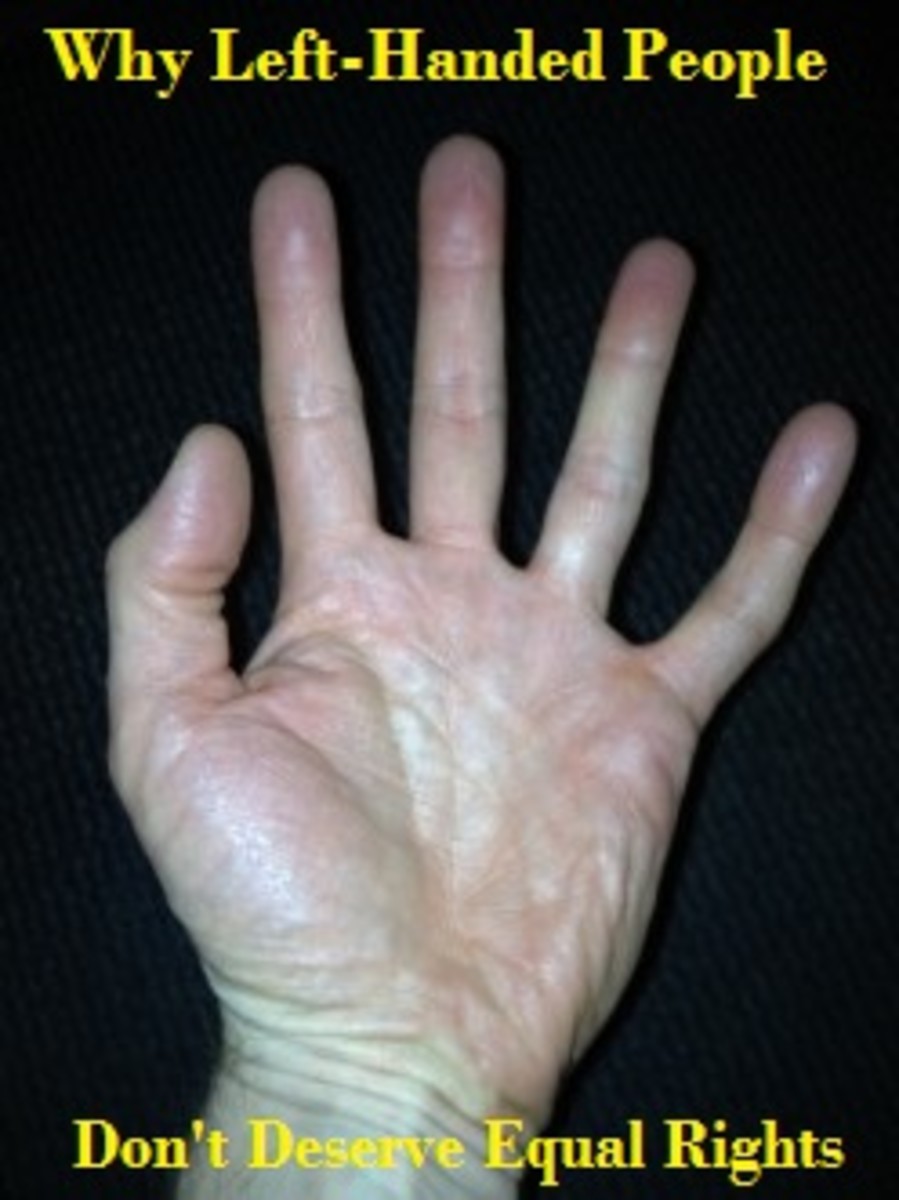Rights of the People: What they are NOT
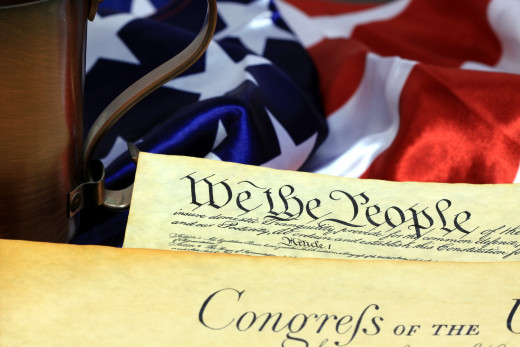
Rights in America: The Bill of Rights
As citizens of the United States of America our rights are protected by the Bill of Rights, the first ten Amendments to the Constitution. It is important to understand that our rights do not come from the federal government, but are protected from the government by the Bill of Rights. The misconception, by many, is that our rights come from the federal government. In fact, our rights are ours simply because we are alive and citizens. The Bill of Rights does not grant, but rather protects those rights that already exist. These rights enable us to follow the American dream of Life, Liberty and the Pursuit of Happiness. They do not guarantee happiness, but merely the freedom to pursue it. One of the biggest threats to liberty and freedom is the attempt to regulate outcome rather than simply protecting the opportunity.
Stealing vs. Purchasing
When a person takes something from someone else without the first person's agreement, we call it what it is...Theft. If Joe takes a bike belonging to Billy without Billy's approval, he has stolen the bike. Theft is easy to define and easy to recognize. If someone came to your home and took, by force and without your permission, your personal property, what would you call it? This is clearly robbery and you would not accept this as a reasonable or legal action.
On the other hand, if this same person made an offer of monetary compensation for your property, and you accepted this offer, this would be a legal transaction and not theft. Only when both parties agree on the method and valve of exchange for goods is it a sale rather than robbery. Even if Joe took Billy's bike and gave it to George, not keeping it for himself, it would still be theft. If Billy had 10 bikes and George could not afford even one bike, it would still be theft. George is not entitled to Billy's bike, as it rightfully belongs to Billy. Billy could, If he chose to, give a bike to George. But, he is not legally obligated to do so. Billy traded his dollars for the bike in a mutually agreed upon transaction with the bike's previous owner. Billy, prior to that, traded his time and skills for that money.
Origin of Debt
If a man agrees to work as an employee for someone at $15.00 an hour and then works 10 hours, he would be entitled to $150. There was an agreement between the employer and the employee. There was a task performed (work) per that agreement and that is the origin of debt from the employer to the employee. If they had agreed on the hourly rate and the work was not done, then there would be no origin of debt. No agreed upon work was done to "trade" for those dollars. An employer/employee relationship is one of trade. The simple trade of work/skill/time for money or another agreed upon compensation.
If payment is made without the work being done, and against the employers will, then we have theft. If no payment is made and the work was completed, we have slavery. Both sides must enter into the agreement by accepting an agreed upon rate of exchange for trading work for dollars. This is the origin of debt in the economic sense of the term. No one is indebted to another without this mutually agreed upon system. No work, no pay. No pay, no work.
"Free" is Economic Servitude
A true Right does not, in of itself, rely on another person to provide it. There is no "debt" involved with a true Right. For example, the freedom of speech does not require anything from someone else. You are not engaging in a transaction with another person to be able to speak. A Right exists exclusive of any interaction with another individual or group. There is NO debt incurred in the keeping of a Right.
The call for "Free" anything is a call for economic servitude. If I say health-care is my "right", then I am saying that l can demand health-care without proper compensation for the doctor's time/skill/work. But, this mean's that the doctor is being made into an economic slave and, in doing so, his freedom and liberty are being infringed upon. I would be asking for labor without pay. Do I have a "right" to food? Should the local grocer provide me with "free" food as well? Of course not. Yet there are many who are demanding "free" stuff.
They will then say it's the government responsibility and the "government's" money. Apart from Constitutional questions of the federal government role, lets look at if from the origin of debt side of the equation. If l take the doctor's care without justly compensating him for his services, I have stolen from him. If the government takes money from another person to pay the doctor for the services I received, then that person was been stolen form.. Either is a case of economic servitude. Without just compensation by an agreement freely entered into by BOTH parties, you end up with theft or servitude. Economic slavery.
We do not have a Right to anything that belongs to someone else, whether it is a physical item such as a bike or a service provide. The only legal obligation we have is that entered into with another person or entity that both parties do of their own free will. Health-care, housing, food and cell phones are not rights in the sense that you are not entitle to them without proper compensation to the producers of such items.
That being said...
We do not have a legal right to receive anything without just compensation to the producer. Nor does the taking of funds from a third party to pay the producer eliminate the economic servitude or dispose of the fact that there is no origin of debt between the person in need and the person with the needed item(s).
That being said... the argument for individuals helping others of their own free will and at their discussion can be made. We should help out those in need as we see fit. But, never should the transaction be forced by law and taken out of the realm of a personal choice and agreement between the two parties.





